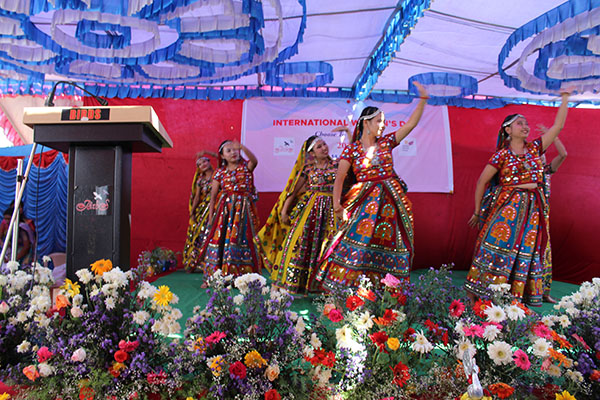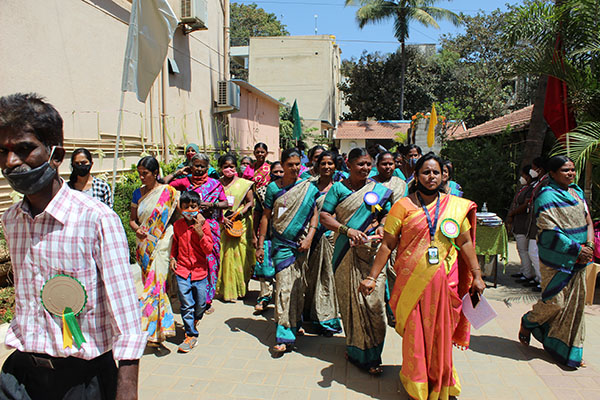Empowerment of women is a socio-economic process that enables women to realize their rights and potential to assert their equal access to and control over resources (social, political, material, human, and intellectual) and factors that affect their lives. Empowerment essentially entails the transformation of the structures of institutions that reinforce and perpetuate gender discrimination. The principle of gender equality is enshrined in the Indian Constitution in its Preamble, Fundamental Rights, Fundamental Duties, and Directive Principles. Equality for women includes the right to live, the right to live with dignity, the right to a sense of self-worth, the right to have and to determine choices, the right to have access to opportunities and resources, the right to have the power to control their own lives both within and outside the home, and their ability to influence the direction of social change to create a more just social and economic order.
The Karnataka State Women’s Empowerment Policy derives its principles from the Constitution of India and is aligned with Sustainable Development Goals. But its implementation is not systematic, and many of the needy people are not on the government’s list. It is because of the lack of these people’s identity.
OBJECTIVES:
To organize women into self-help groups and develop their leadership inequalities to facilitate making decisions at personal and social levels.
CHALLENGES:
Lack of self-awareness, Illiteracy, Untouchability, and unemployment
ACTIONS:
- Formation of Self-Help Groups
- Micro Finance assistance
- Capacity building and Leadership Training Activity
- Income generation program and entrepreneurship support
- Skill training
- Awareness program on domestic violence and Women Rights
- Women federation
- Promoting thrift and credit program





